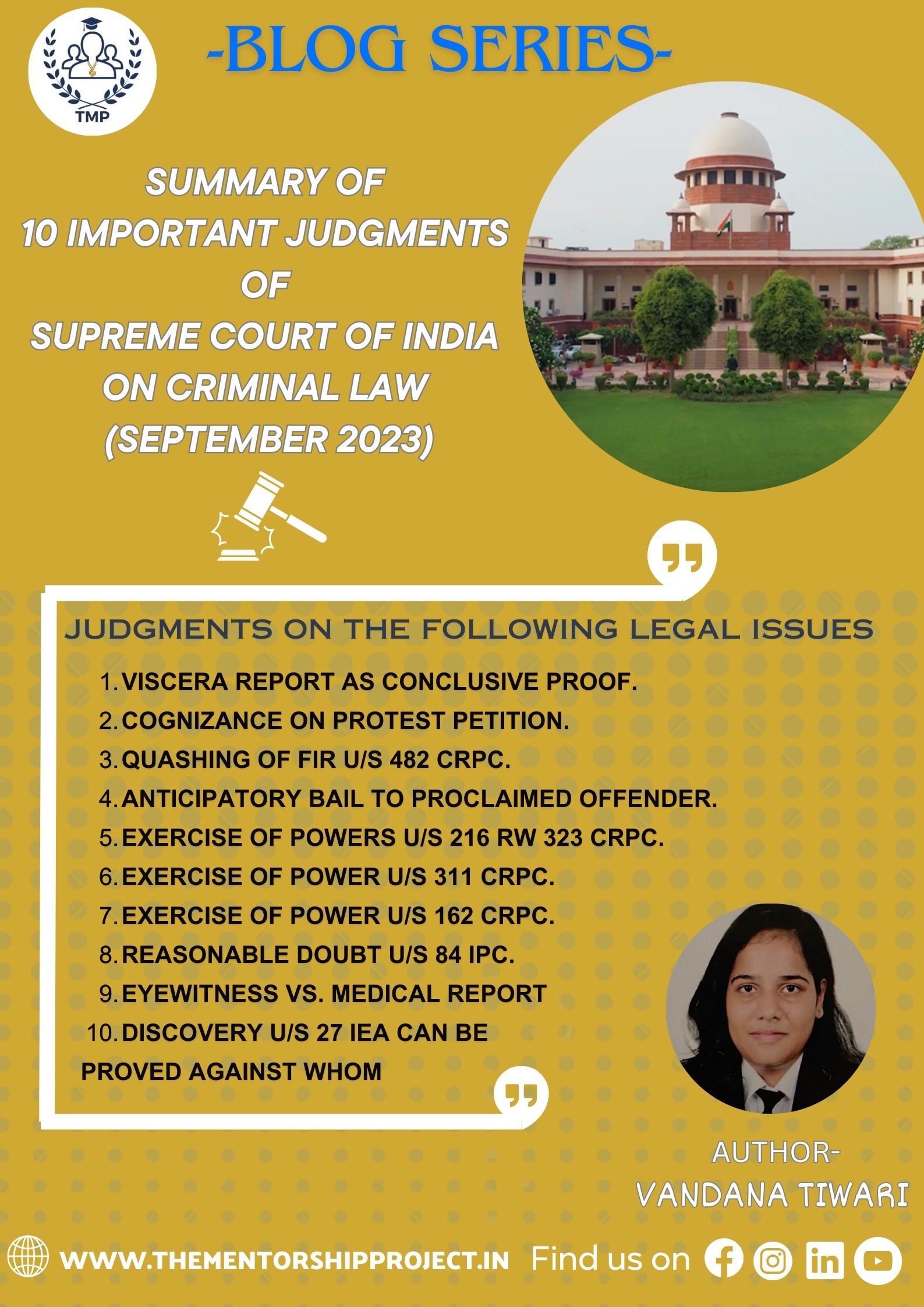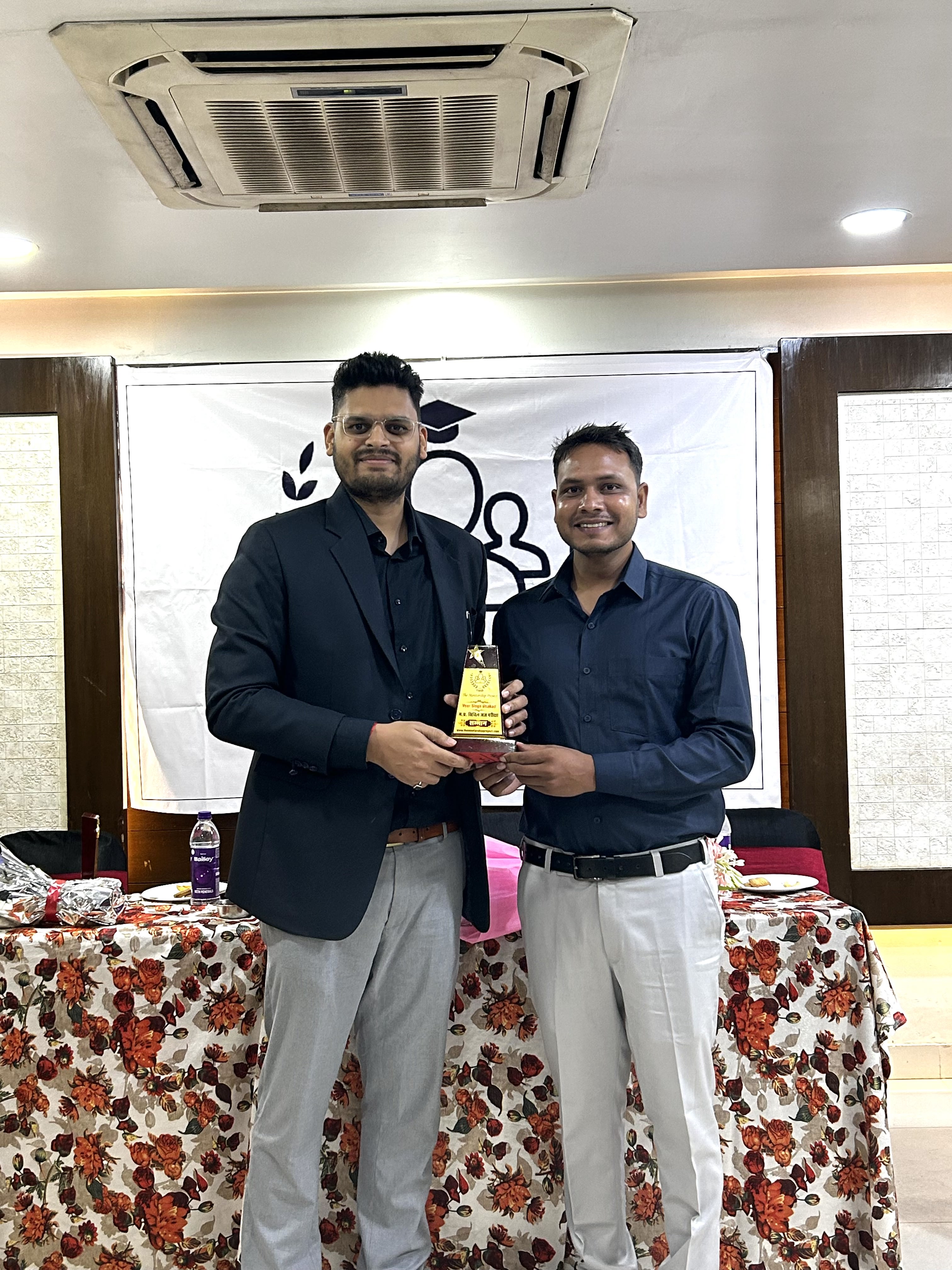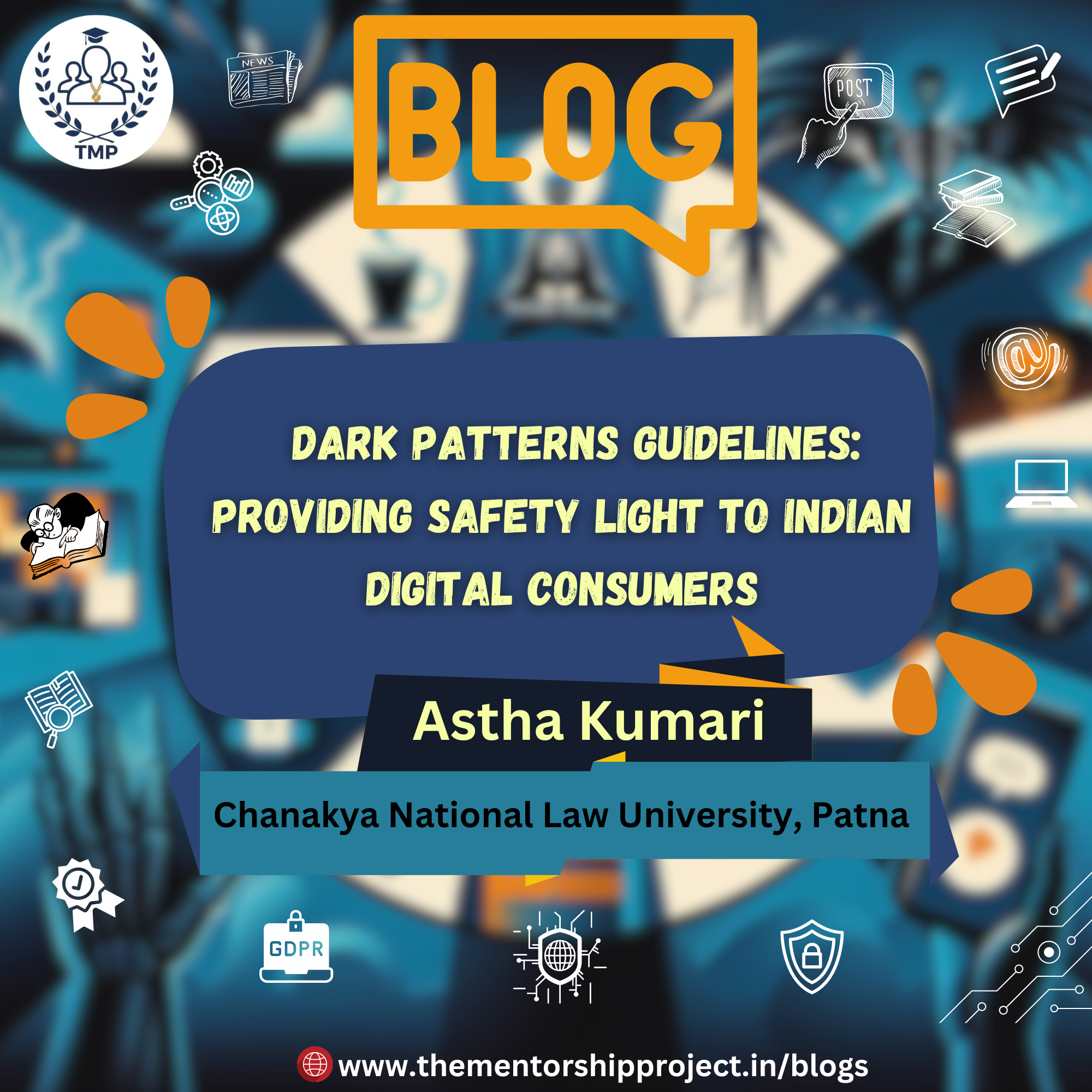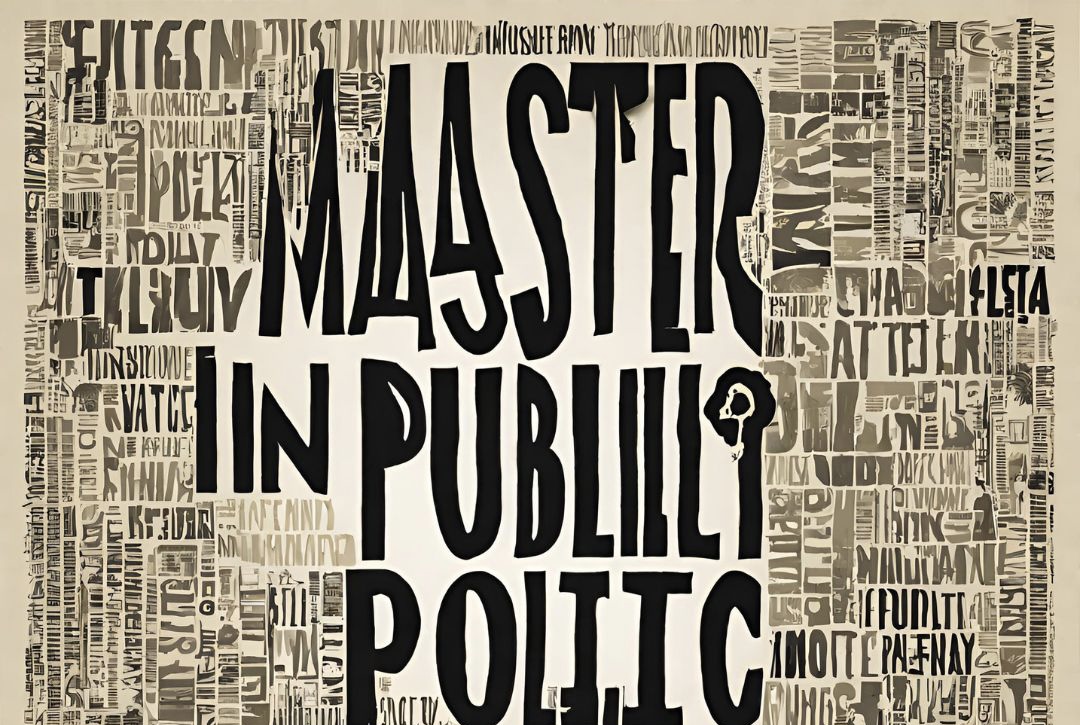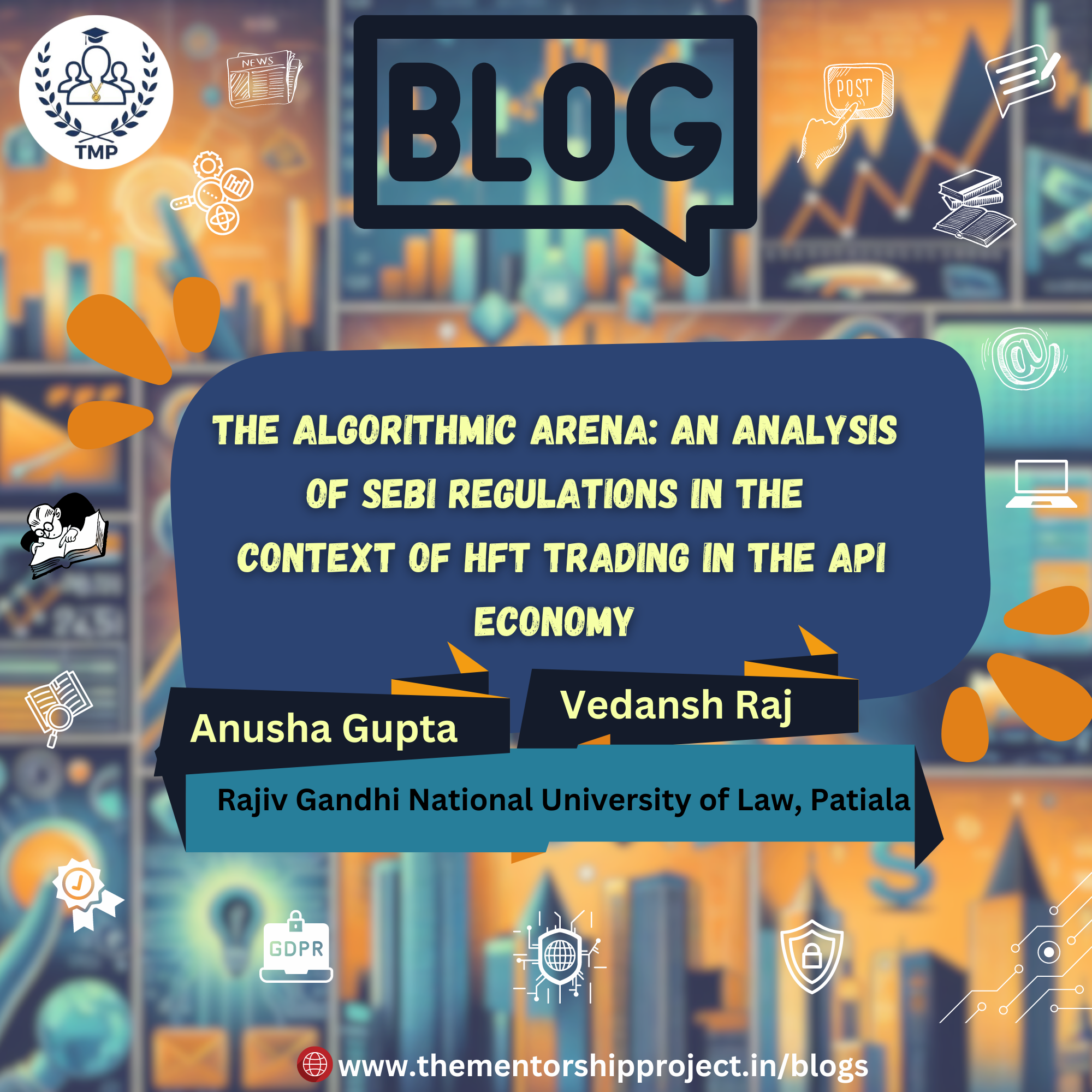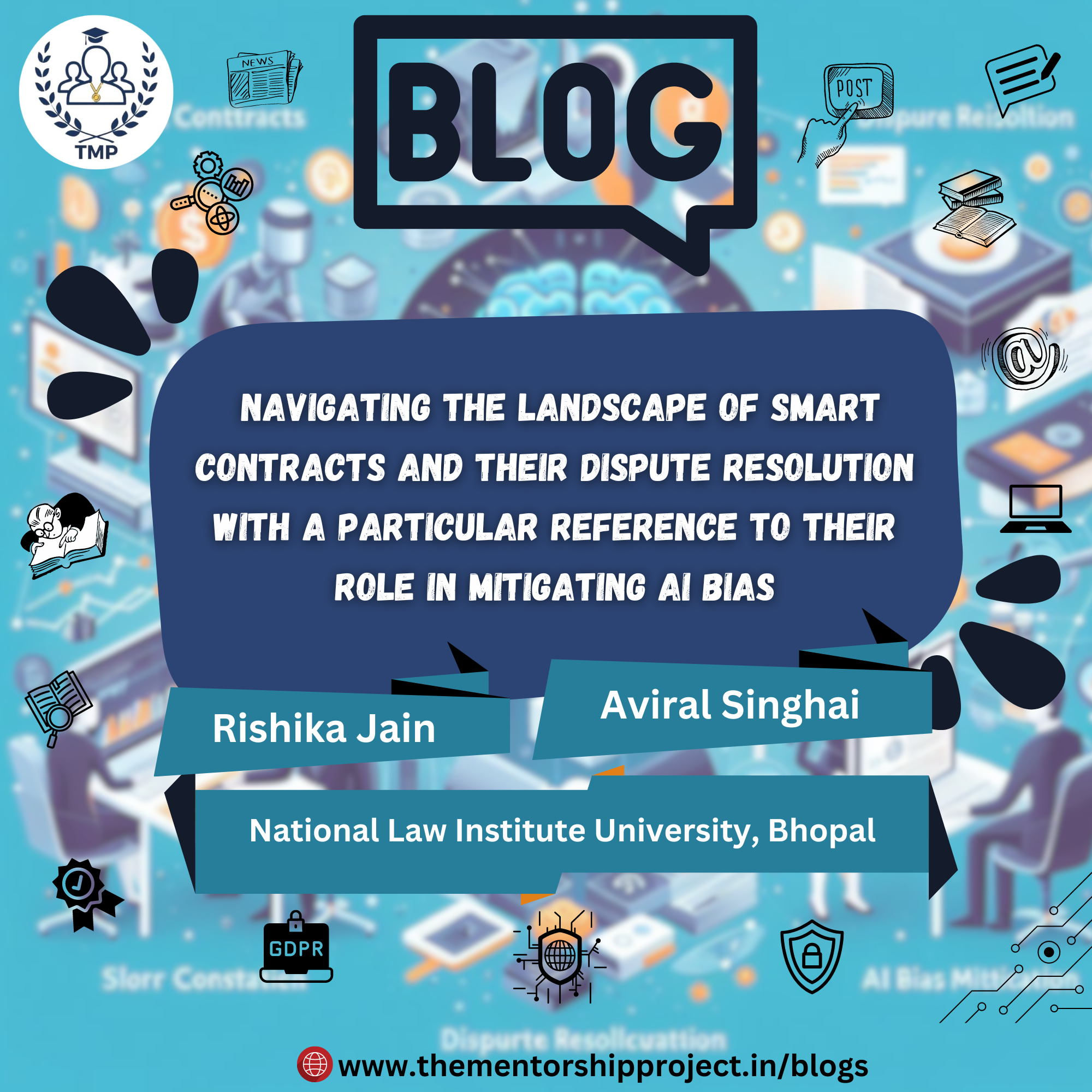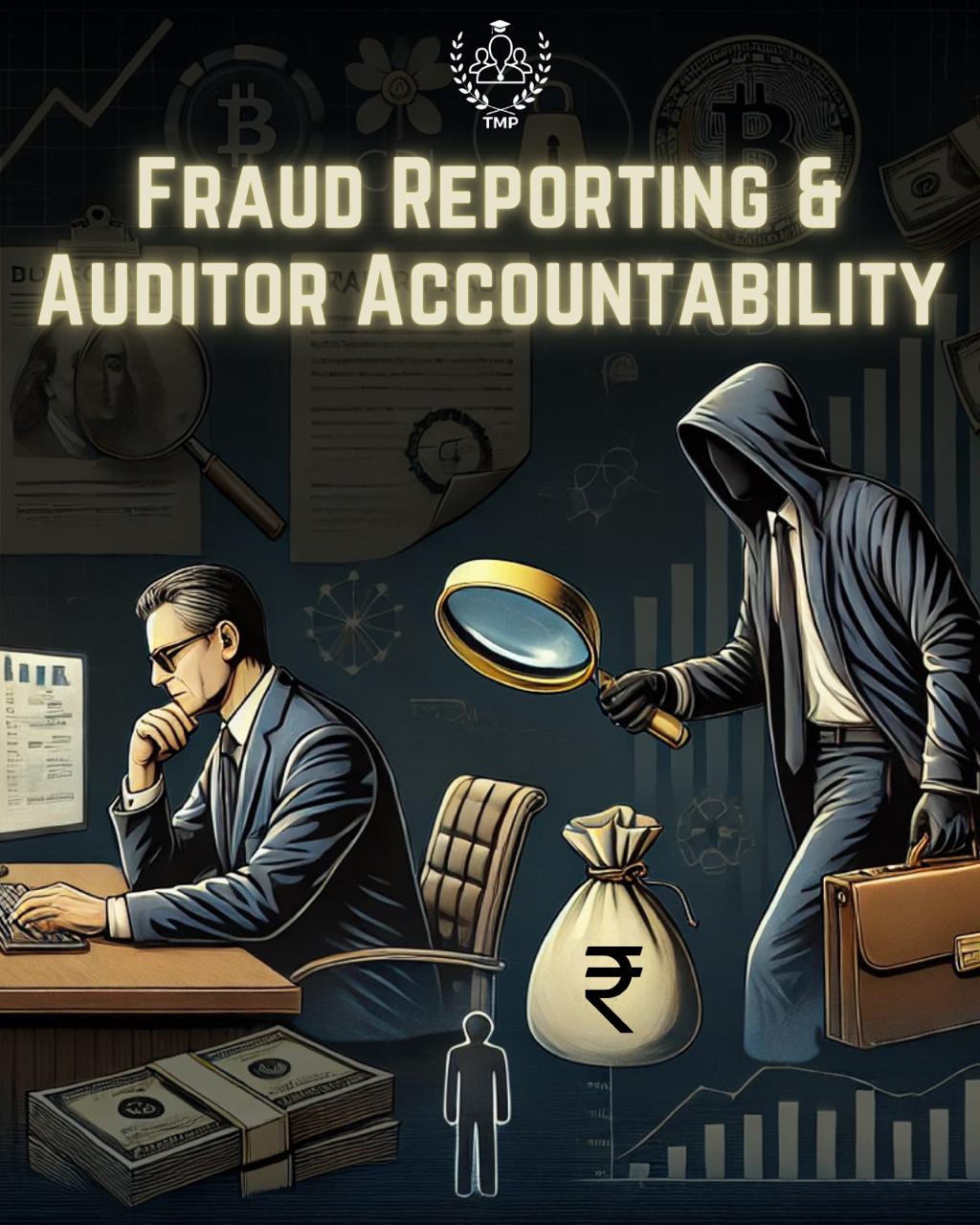October 31 , 2023
Summary of 10 important judgments of the Supreme Court of India on Criminal Law (September 2023)
- Name of the case -Buddhadeb Saha v. State of West Bengal
Citation -2023 LiveLaw (SC) 794
Legal issue – Whether absence of clear & cogent viscera report in cases of death of a victim by poising can be considered as absence of conclusive proof?
Provisions of law Involved-Section 304-B IPC, Section 498-A IPC
Facts in brief- The case arose from an FIR filed by the complainant, Uma Shankar Shah, who claimed that cash and gold jewellery were supplied to the husband's family during Tuli Shah's marriage. However, the appellant soon began harassing Tuli for more dowry. The prosecution's case was predicated on the claim that Tuli Shah committed suicide by swallowing poison on September 16, 2011, as a result of the appellant’s constant harassment at her matrimonial residence. The Trial Court found the appellant guilty of offences under Sections 498A, 304B, and 34 of the Indian Penal Code. The High Court upheld the order of conviction passed by the Trial Court. The accused filed an appeal in the Supreme Court against the decision of the Calcutta High Court which confirmed the conviction sentence of the appellants to 7 years imprisonment for committing dowry death under Section 304-B IPC and 3 years for cruelty under Section 498-A IPC.
Operative part of the judgement - The court held that it is possible that there may not be traces of poison if relied upon the benchmarks mentioned in 'Mahabir Mandal v. State of Bihar' (1972) and referring the Modi’s Medical Jurisprudence and Toxicology (Seventeenth edition). However, in a number of cases, where the deceased dies as a result of poisoning, it is difficult to successfully isolate the poison and recognise it. Lack of positive evidence in this respect would not result in throwing out the entire prosecution case, if the other circumstances clearly point out the guilt of the accused.
- Name of the case - Zunaid vs. State of UP
Citation -2023 Live Law (SC) 730
Legal issue – Whether the Magistrate Can take Cognizance of Protest Petition
after Rejecting Police Final Report?
Provisions of law Involved – Section 173 CrPC, Section 190(1) (b) CrPC, Section 200 CrPC
Facts in brief- The appellant Junaid Khan had lodged an FIR alleging inter alia that the respondents– accused armed with sharp-edged weapons had attacked him and his family and also abused them due to an old enmity. As a result thereof, his family members got seriously 2 injured, and were sent to the hospital for treatment. The said FIR was registered for the offence under Sections 147, 148, 149, 307, 323, 324, 504 IPC at P.S. Kotwali Gursahaiganj, Kannauj. The Investigating Officer, after completing the investigation, submitted the Final Report on 13.11.2017. Being aggrieved by the said report, the appellant-complainant filed a Protest Petition before the concerned CJM. The concerned CJM vide order dated 15.11.2018 rejected the Final Report of the Investigating Officer and directed that the Protest Petition be registered as the Complaint Case.
Operative part of the judgement-The Court noted that on the receipt of the police report under Section 173 CrPC., the Magistrate can exercise three options. Firstly, he may decide that there is no sufficient ground for proceeding further and drop action. Secondly, he may take cognizance of the offence under Section 190(1)(b) on the basis of the police report and issue process; Thirdly, he may take cognizance of the offence under Section 190(1)(a) on the basis of the original complaint and proceed to examine upon oath the complainant and his witnesses under Section 200.It may be noted that even in a case where the final report of the police under Section 173 is accepted and the accused persons are discharged, the Magistrate has the power to take cognizance of the offence on a complaint or a Protest Petition on the same or similar allegations even after the acceptance of the final report.
3. Name of the case - Abhishek v. State of Madhya Pradesh
Citation - 2023 LiveLaw (SC) 731
Legal issue – Whether the High Courts can quash an FIR when the charge sheet was filed during the pendency of the application under section 482 of the CrPC?
Provisions of law Involved – Sec 482 CrPC, 498A IPC
Facts in brief- Bhawna married Nimish on 02.07.2007. After their marriage, the couple left for Mumbai on 08.07.2007. Admittedly, Bhawna parted ways with her matrimonial home at Mumbai on 25.02.2009 and started residing with her parents at Narsinghpur. At that time, Kusum Lata, her mother-in-law had submitted representation dated 24.02.2009 to Police Station Heera Nagar at Indore, apprehending that Bhawna may make allegations against them about harassing her for dowry. Prior to the filing of the divorce petition by Nimish on 08.05.2013, Bhawna made a written complaint on 05.02.2013 to Police Station Kotwali, District Narsinghpur, levelling several allegations against her husband and her in-laws. The same was sent to the jurisdictional police station at Heera Nagar, Indore. In consequence, FIR was registered on 09.02.2013 at P.S. Heera Nagar, Indore, against all four of them under Section 498A IPC and Sections 3 and 4 of the Dowry Prohibition Act, 1961.
Operative part of the judgement –According to the Court, the wife's accusations against the appellants are completely unfounded and do not, on the surface, establish a case against them. Furthermore, no reasonable person could determine that there are enough grounds to prosecute them because they are so implausible and fantastical. The Court stated that the present case fits neatly into the areas where the inherent power under Section 482 CrPC could be exercised after taking note of State of Haryana v. Bhajan Lal, 1992 Supp (1) SCC 335. when the accusations contained in the FIR or complaint are so ludicrous and implausible that it is impossible for a reasonable person to conclude that there is enough evidence to prosecute the accused on those grounds. According to the Court, it would be blatantly unfair to allow the criminal proceedings to proceed against the appellants in this particular circumstance. Furthermore, it decided that the High Court has the right to use its inherent authority under Section 482 CrPC to set aside the FIR and the related proceedings in this particular matter.
4. Name of the case - State Of Haryana v. Dharamraj
Citation - 2023 LiveLaw (SC) 739
Legal issue – Whether the anticipatory bail can be granted to a proclaimed offender?
Provisions of law Involved – Sections 147, 148, 149, 323, 325, 341, 342 and 427 of the Penal Code, 1860 (‘IPC’). Later, Sections 186, 353 and 364 of the IPC and Sec 438 CrPC.
Facts in brief- In the present case, First Information Report (FIR) was registered against the respondent under several sections of the Indian Penal Code, 1860 (IPC), including Sections 147 (Punishment for rioting), 148 (Rioting, armed with deadly weapon) and 364 (Kidnapping or abducting in order to murder). Counsel, appearing for the appellant, submitted that in the background of the nature of the allegations and the materials collected as well as the respondent having been declared a proclaimed offender, grant of indulgence under Section 438 (Direction for grant of bail to person apprehending arrest) of the Code of Criminal Procedure, 1973 (CRPC) was erroneous and misplaced. It was further submitted that there is enough evidence to show the complicity of the appellant and further, based on this very order, other co-accused persons have been granted the benefit of anticipatory bail, which does not serve larger public interest. On the other hand, counsel, appearing for the respondent, supported the impugned order and contended that the Investigating Agency has tried to unnecessarily harass and implicate the respondent.
Operative part of the judgement – According to the Court, a person who has been declared an offender may only be given anticipatory bail in very special and uncommon circumstances. The respondent was not permitted to request anticipatory bail unless he had first successfully challenged the decree designating him as a proclaimed felon. Given that the respondent was a proclaimed criminal, it is evident from the factual prism that his application under Section 438, CrPC, should not have been granted. The Court cited some judgment in Lavesh v. State (NCT of Delhi), (2012) 8 SCC 730, and Madhya Pradesh v. Pradeep Sharma, (2014) 2 SCC 171, where the Apex Court categorically opposed granting anticipatory bail to a proclaimed offender, to bolster the aforementioned remarks.
5. Name of the case – Archana v. State of West Bengal
Citation – 2023 LiveLaw (SC) 742
Legal issue- Whether the powers under section 216 read with section 323 CrPC can be exercised by the magistrate only after deposition of all the witnesses?
Provisions of law Involved – Section 216, 323 Cr.P.C, 307 IPC.
Facts in brief- The matrimonial discord between the parties has reached a different level culminating into a criminal case. The question for consideration, is with respect to the remittal order passed by the High Court in the impugned order finding fault with the exercise of power by the learned Chief Metropolitan Magistrate (for short, ‘CMM’) in committing the matter to the jurisdictional Sessions Court after exercising the powers under Section 323 Cr.P.C. in coming to the conclusion that the charge under Section 307 of the Indian Penal Code, 1860) is required to be heard by way of an additional charge. In such view of the matter, the learned CMM exercised the powers under Section 216 read with 323 Cr.P.C.
Operative part of the judgement - Section 323 addresses what happens when a magistrate determines that a case needs to be filed after an investigation or trial has begun. It says this: If, during an investigation into an offense or a trial before a magistrate, he believes at any point in the proceedings that the case should be heard by the Court of Session, he must commit it to that Court in accordance with the previously stated provisions. After that, Chapter XVIII's rules will be applied to the commitment made. In this instance, the Calcutta High Court instructed the Magistrate to begin the committal process in order to make a determination regarding whether or not a charge may be added under Section 307 IPC only following the completion of the prosecution witness's full testimony. The Apex Court disagreed, noting that Section 216 or 323 Cr.P.C. does not require the method the High Court took in its ruling. The court ruled that the Magistrate need not wait to hear the entirety of the prosecution witness's evidence, including any cross-examination before exercising this power.
6. Name of the case – Satbir Singh v. State of Haryana & Ors
Citation - 2023 Live Law (SC) 743
Legal issue- Whether the discretionary power under Section 311 of the CrPC, can be invoked only to meet the ends of justice?
Provisions of law Involved – Sec 311 CrPC
Facts in brief- the present case, appellant made a complaint against the accused that they, being ex-employees of his company, had stolen company data and used such data to manufacture equipment, which was being manufactured by the appellant’s company. During trial, before the Report from the Central Forensic Sciences Laboratory, Chandigarh (CFSL) could come, the evidence of the appellant was recorded. However, when the CFSL expert who had prepared the Report was examined by the Court, though he described the data which was found on the hard disk(s) of the accused, but there was no reference as to whether they were comparable to/same in regard to what was allegedly stolen from the appellant’s company. Thus, under the circumstances, the appellant applied for his recall as a witness. The same having been rejected, by the Trial Court and the High Court, the matter is before this Court.
Operative part of the judgement -It is well established that the court should only use the authority granted by Section 311 to further the interests of justice. Only compelling and legitimate grounds should be used to use the power, and even then, extreme caution and circumspection should be used. In the interest of justice, the court may even bring witnesses back for additional questioning or re-examination using this section's authority, although this authority must be used after carefully evaluating the particular facts and circumstances of each case. If the court determines that the application was submitted as an abuse of the legal process, then the authority granted by this provision will not be used and it can be used discretionary of power under Section 311 of the CrPC, can be invoked only to meet the ends of justice. Where the prosecution evidence has been closed long back and the reasons for non-examination of the witness earlier are not satisfactory, the summoning of the witness at belated stage would cause great prejudice to the accused and should not be allowed. In the instant case, it was held that no such prejudice shall be caused to the prosecution and hence, application for recall of witness was allowed.
7. Name of the case – Munna Pandey v. State of Bihar
Citation - 2023 LiveLaw (SC) 744
Legal issue- Whether section 162 of the CrPC prevents the Trial Court judge to ask Suo Moto questions and Contradict the witness for the statements made to the police during investigation?
Provisions of law Involved – Sec 302, 376 IPC and 313,162,366,367,368 CrPC, Sec, 165 Indian Evidence Act.
Facts in brief- On 31.05.2015, the victim was missing and as per the last seen witness, she was seen going to the house of Munna Pandey (appellant) for watching television. While the informant went to the house of Munna Pandey (appellant) in search of her daughter, she found that the house of Munna Pandey (appellant) was locked. The lock of the room was opened from the outside. When lock of the room of Munna Pandey (appellant) was opened, dead body of the daughter of the informant was found beneath the bed. The informant claimed that Pritam Tiwary and Munna Pandey (appellant) both after committing rape with her 11 years old daughter by way of throttling had killed her and the dead body was concealed in his room. The defence contended that neither the medical examination was done under section 53 CrPC nor the recovered articles were sent for forensic examination and there were some inconsistencies in the depositions of prosecution witnesses. However, the trail court found the accused guilty and awarded death penalty against which the accused filed an appeal and also reference was made to the High Court under section 366 of the CrPC. In an appeal by the convict against the judgment and order passed by the Patna High Court, wherein the Court sentenced him to death for the offence of rape and murder of a 10-year-old girl.
Operative part of the judgement - The Supreme Court observed that Section 162 CrPC does not affect a Court's power to look into documents or put questions to witness’s suo motu to contradict them. In our view, nothing in Section 162 CrPC prohibits a Trial Judge as opposed to the prosecution or the defense from asking prosecution witnesses the kinds of questions that are usually allowed if the interests of justice clearly dictate it. We firmly believe that the Trial Judge in this instance should have taken that action in the interest of justice, but he refrained from reviewing the police investigation's record until after the investigating officer had been cross-examined and dismissed from testimony. The officer and other witnesses might have been called back and questioned in accordance with Section 165 of the Evidence Act even at this point by the Trial Judge.
8. Name of the case – Rupesh Manger (Thapa) v. State of Sikkim
Citation – 2023 LiveLaw (SC) 781
Legal issue-. What constitutes reasonable doubt for the purposes of discharging the burden of Proof To Prove Insanity under section 84 of the Indian Penal Code, 1860?
Provisions of law Involved – Sec 84 IPC,Sec 378 ,386 Crpc
Facts in brief-. The appellant accused murdered his grandfather with a sharp-edged weapon. The deceased was living with his daughter Reeta Rai. Upon completion of the investigation charge sheet was submitted against the accused appellant under section 302 IPC. Before the commencement of trial, the appellant accused raised plea of insanity. The Trial Court considered the matter within the ambit of Section 84 of IPC and on the basis of material on record concluded that the appellant-accused was incapable of knowing the nature of his acts by reason of his unsoundness of mind and it is highly probable that he was unaware of what he was doing was either wrong or contrary to law. The Trial Court, thus, acquitted the appellant accused. Aggrieved by the trial courts order of acquittal, State filed Appeal before High Court and High Court allowed the Appeal and passed order of conviction.
Operative part of the judgement – The judgment of acquittal can be reversed by the Appellate Court only when there is perversity and not by taking a different view on appreciation of evidence. If the conclusion of the Trial Court is plausible one, merely because another view is possible on appreciation of evidence, the Appellate Court should not disturb the findings of acquittal and substitute its own findings to convict the accused. The High Court had reversed the finding of acquittal and convicted the appellant mainly on appreciation of evidence by holding that the Trial Court erred in extending the benefit of Section 84 of IPC, without even recording a finding that the Trial Court’s finding is perverse. In the light of the evidence discussed by the Trial Court including the medical evidence about the mental illness of the appellant-accused and his abnormal behaviour at the time of occurrence, it does not appear that the view taken by the Trial Court was perverse or that it was based on without any evidence. We are, therefore, of the view that the High Court erred in setting aside the judgment of acquittal rendered by the Trial Court. This Court has held that an accused who seeks exoneration from liability of an act under Section 84 of IPC has to prove legal insanity and not medical insanity. Since the term insanity or unsoundness of mind has not been defined in the Penal Code, it carries different meaning in different contexts and describes varying degrees of mental disorder and hence concluded it is a reasonable doubt.
9. Name of the case – Rameshji Amarsingh Thakor v. State of Gujarat
Citation – 2023 LiveLaw (SC) 804
Legal issue – Whether the eyewitness account be merely discarded because of inconsistencies of medical evidence?
Provisions of law Involved – Section 114, Section 302 IPC, Sec 45 Indian Evidence Act
Facts in brief-. The case arises from the facts that the deceased was killed with the knife blows. An FIR was filed by the brother of the deceased stating that the offence was committed by the appellant (accused) and two other individuals. The autopsy surgeon found that the death was caused by shock and haemorrhage due to stab injuries. The medical evidence also stated that the death could not have been caused by the knife recovered. The prosecution case was primarily founded on evidence of a distant relative of the deceased, who was presented by the prosecution as eyewitness. Whereas it was argued on behalf of the appellant that there were substantial inconsistencies and contradictions in the witnesses statements and the eyewitnesses herself as she was not a neutral person. The accused was acquitted by the Trial Court and on appeal to the Hon’ble Gujarat High Court, accused was convicted under the offences Sec. 302 and 114 of the Indian Penal Code, 1860 (IPC).
Operative part of the judgement - In the judgment of this Court reported in Darbara Singh Vs. State of Punjab, (2012) 10 SCC 476, this Court has given greater importance to ocular evidence over the opinion of the medical expert. This principle applies to the case before us. Even if in the opinion of the autopsy surgeon there was a mismatch of the knife with the injuries caused, the doctor’s evidence cannot eclipse ocular evidence. The evidence on post occurrence events is consistent. Just because there were more injuries than the ones narrated by the eyewitness cannot negate the prosecution’s version. In our opinion the discrepancies pointed out by the appellant are minor ones. An eyewitness to a gruesome killing cannot in deposition narrate a blow-by-blow account of the knife strikes inflicted on the deceased like in a screenplay. The law states that minor contradictions in the testimonies of the eyewitnesses should not be a ground for acquittal and such minor contradictions should be ignored. Therefore in these cases, there remains a very minor possibility for a person to prove his innocence and that is why the Supreme Court in several cases held that the duty of the accused is only to create doubt on the testimony of the prosecution witnesses.
10. Name of the case - Rajesh v State of MP
Citation – 2023 LiveLaw (SC) 814
Legal issue- Whether Discovery Can Be Proved U/s 27 of the Indian Evidence Act against any Person who was neither accused Of Any Offence nor in Custody Of Police At The Time Of Confession ?
Provisions of law Involved – Section 27 of Indian Evidence Act
Facts in brief-. The case involved the kidnapping and murder of a 15-year-old boy by three persons: Prakash Yadav, Raja Yadav, and Rajesh Yadav. The boy was abducted on 28.03.2013 and his body was recovered on 29.03.2013 from a well near a farm owned by Omprakash Yadav. The police registered an FIR against unknown persons for kidnapping and murder. During the investigation, the police interrogated Rajesh Yadav on 29.03.2013 at around 11:00 am and recorded his statement. In his statement, he confessed to his involvement in the crime and disclosed the names of his co-accused and the location of the dead body and other material objects. Based on his confession, the police recovered the body, a knife, a rope, a motorcycle, and some clothes from various places. The police arrested Rajesh Yadav at 18:30 hours on 29.03.2013 and charged him with kidnapping and murder along with his co-accused. The police also relied on his confession as evidence against him under Section 27 of the Evidence Act.
Operative part of the judgement - Section 26 of the Indian Evidence Act, 1872 provides that no confession made by any person whilst he is in the custody of a police officer shall be proved against such person, unless it is made in the immediate presence of a Magistrate. Section 27, thereafter, is in the nature of an exception to Section 26 of the Evidence Act. It states that, when any fact is deposed to as discovered in consequence of information received from a person accused of any offence, in the custody of a police officer, so much of such information, whether it amounts to a confession or not, as relates distinctly to the fact thereby discovered, may be proved. Therefore, it is essential under Section 27 of the Evidence Act that the person concerned must be ‘accused of an offence’ and being in the ‘custody of a police officer’, he or she must give information leading to the discovery of a fact and so much of that information, whether it amounts to a confession or not, that relates distinctly to the fact discovered, may be proved against him. In effect, both aspects, viz, being in ‘the custody of a police officer’ and being ‘accused of an offence’, are indispensable pre-requisites to render a confession made to the police admissible to a limited extent, by bringing into play the exception postulated under Section 27 of the Evidence Act.

